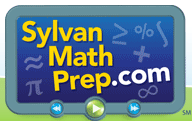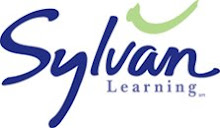 |
There are many prerequisites to algebra and benchmarks to help you know if your child is measuring up. The National Mathematics Advisory Panel offers helpful benchmarks for the foundations of algebra by outlining the topics students need to have mastered at each grade level to be on the path to algebra in grade 8. However, these topics alone are not sufficient. Future success in algebra requires building conceptual understanding, computational fluency and problem solving skills.As children enter school and begin to learn addition and subtraction facts, it is not enough for them to memorize those facts. They need to develop a firm understanding of numbers and how to combine and separate them to form new numbers. They need to build fact families and understand that there is a variety of ways to express these relationships.
Equality is another important algebraic concept that should receive attention beginning in pre-k. Sharing is an important skill for students to learn at this age. They can learn to share equal quantities by counting and placing items into two or more equal groups.
Remember, science has debunked the myth of a math gene. ALL students can learn math! But why is it that some students are better at math than others? It is most likely their experience or attitude toward math. Studies have shown that effort does matter!
A strong grounding in high school math through Algebra II or higher correlates powerfully with access to college, graduation from college and higher earning upon college graduation. Start preparing now, no matter how young your child is, for lifelong success in math.





